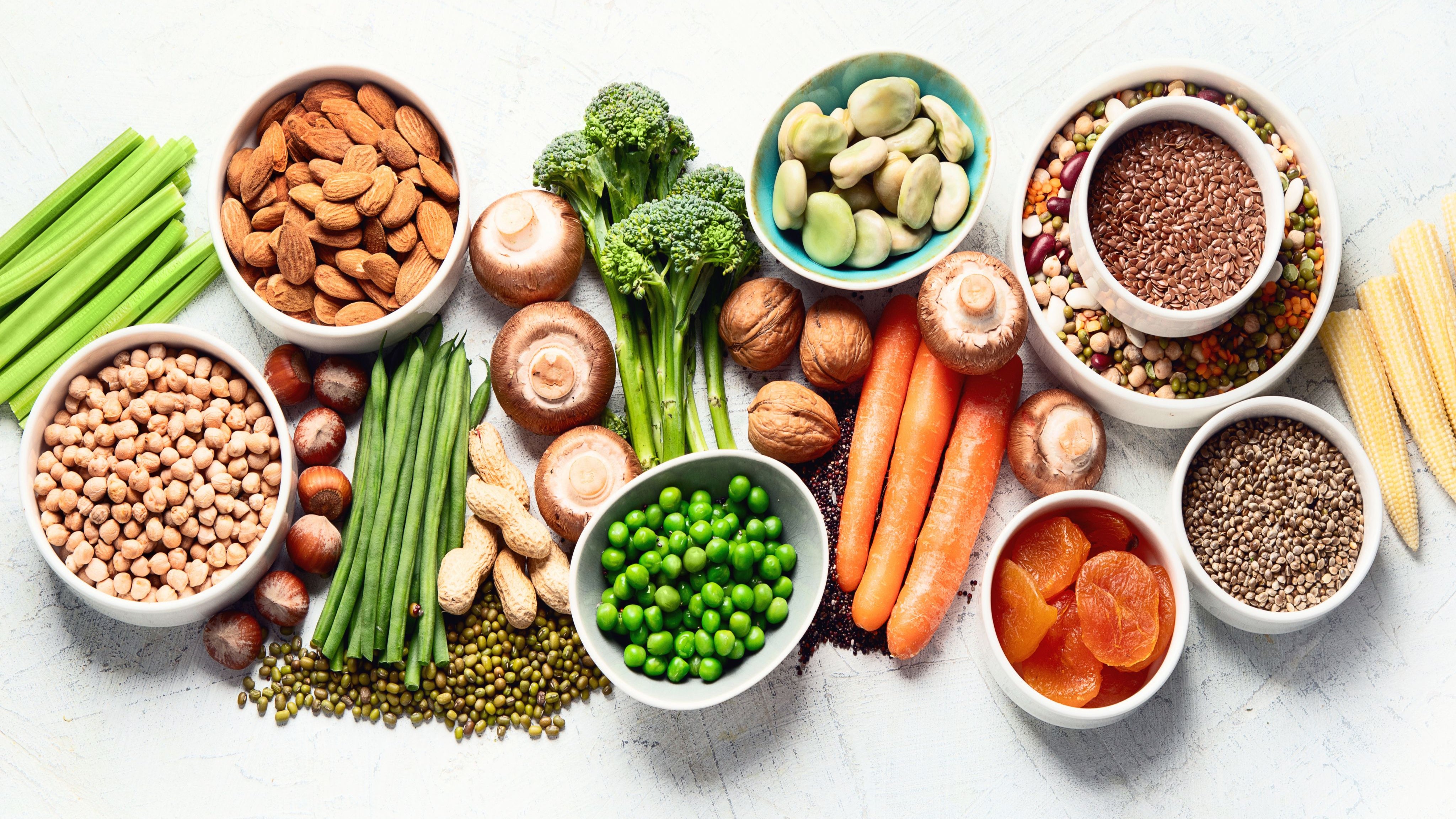
What happens when you stop eating meat? Just like any other dietary switch, changing up your body’s fuel may take an adjustment period. If you stopped eating meat, side effects depend on you as an individual but could potentially improve your overall wellness.
Find out what happens to your body when you stop eating meat here!
What Not Eating Meat Does To Your Body
Eating meat can provide protein and other nutrients to the body. So, how does the body thrive without meat?
Studies on plant-based and vegetarian diets reveal that reducing meat intake or going vegetarian can:
• Reduce calorie intake
• Reduce fat intake
• Lower risk of heart/cardiovascular disease
• Lower risk of stroke
• Lower risk of diabetes
However, a body without meat needs powerful plant proteins to replace past meat intake. Research shows that diets low in nuts, seeds, seafood, fruits, and vegetables can increase death risk. The potential benefits of going meatless can only ensure long-term wellness when the absence of meat is replaced with nutrient-rich, plant-based food sources.
Why Stop Eating Meat?
One major reason people switch to meatless meals is that good-quality cuts can get expensive. Meatless dishes can be very budget-friendly and make use of freezer foods or canned goods.
Others choose a meat-free diet for ethical or environmental reasons. If you view avoiding animal-sourced foods as your personal contribution to making the world a better place, more power to you!
An additional reason for going meatless is to put yourself in pursuit of better health. Reducing meat intake is shown in the research to have a protective effect. Replacing meat with plant-based sources may even help propel performance in sports or ease the severity of some medical conditions.
While experts are still looking into the many motives for eating less meat, the existing research shows that this dietary trend could be putting you on the path to better health.
What to Expect When You Stop Eating Meat
So, what should you expect and consider if you stop meat intake? Similar to a switch in medication or other lifestyle change, reducing your “dose” of meat each day may come with some side effects. Most people find the choice to eat less meat to be a low-risk way to improve their wellness, but there are a few things to be aware of.
Here are six insights into what it is like if you stop eating meat. Whether newly vegetarian or just interested in reducing your meat intake a little bit, these tips can help you feel more prepared for what to expect with less meat on the plate.
1. Start Seeing Portion Sizes
Meat often takes up a large portion of the plate. When plants become the focus, it is easier to be aware of proper portion sizes. In general, fruits and veggies should take up about half of the plate and whole grains make up most of the rest.
If you are having trouble feeling full, healthy fats can help!
2. Expect Changes In Body Weight
Becoming vegetarian or eating mostly meatless isn’t guaranteed to make you lose weight. Most experts agree that weight loss is a potential byproduct of eating meatless. Some people who cut out meat overindulge in other foods and gain weight.
Other lifestyle factors and weight loss patterns come into play with the goal to lose weight. However, reducing your meat intake can be a great place to start being more mindful of what you put into your body.
3. Track Tummy Issues
While on the subject of what you put into your body, there may be some changes to what comes out of your body.
Generally, eating more plants means getting more fiber. Fiber remains intact (for the most part) while traveling through the digestive system. While this can promote bowel health and lower constipation, you may have some initial gastrointestinal issues while your body adjusts to the amount of fiber you are taking in.
Staying hydrated can help your body support a slow and steady increase in fiber.
4. Enjoy Decreased Disease Risk
While red and processed meats are potentially linked to diseases like cancer, plant-based diets are composed of disease-fighting foods. Fruits, vegetables, and other high-quality whole foods (like grains, legumes, nuts, etc.) are linked to lowering disease risk. There is no denying that nutrients play a vital role in disease prevention and recovery!
5. Support Yourself With Supplements
Meat-derived foods are a big source of iron, vitamin B12, and other micronutrients in the diet. Some people find when swapping veggies for meat they don’t quite meet their recommended intake for certain vitamins and minerals.
Working with a dietitian can help you identify any deficiencies and where you can supplement (with certain foods or medications) in the diet.
6. Make Mindful Decisions
Going meatless for some or all meals is a great way to become more aware of what you eat. Instead of viewing it as a limiting dietary pattern, keep in mind that you are investing in your health.
Simple tricks to do this? Find new favorites on the menu when you eat out and don’t be afraid to experiment with spices. Be flexible and understand it is okay to still eat meat if you want to. Being more mindful will help you feel like you are in control of what you eat and not the other way around.
A Final Word On What Happens When You Stop Eating Meat
Whether you are new to the vegetarian or meatless meal lifestyle or just looking for ways to simplify your diet, eating less meat can be the start of a powerful journey. Science shows that eating less meat fuels significant shifts in health, including lowering the risk of chronic disease. Start the journey today by becoming more aware of what your body experiences when going meatless.
References:
Mayo Clinic Staff. Meatless meals: The benefits of eating less meat. Mayo Clinic. Published August 2020. https://www.mayoclinic.org/healthy-lifestyle/nutrition-and-healthy-eating/in-depth/meatless-meals/art-20048193#:~:text=The%20health%20factor,heart%20disease%20than%20nonvegetarians%20do.
Plowe K. 6 Things That Happen in Your Body When You Swap Out Meat for Plants. EatingWell. Published January 5, 2021. https://www.eatingwell.com/article/7882891/things-that-happen-in-your-body-when-you-swap-out-meat-for-plants/.







